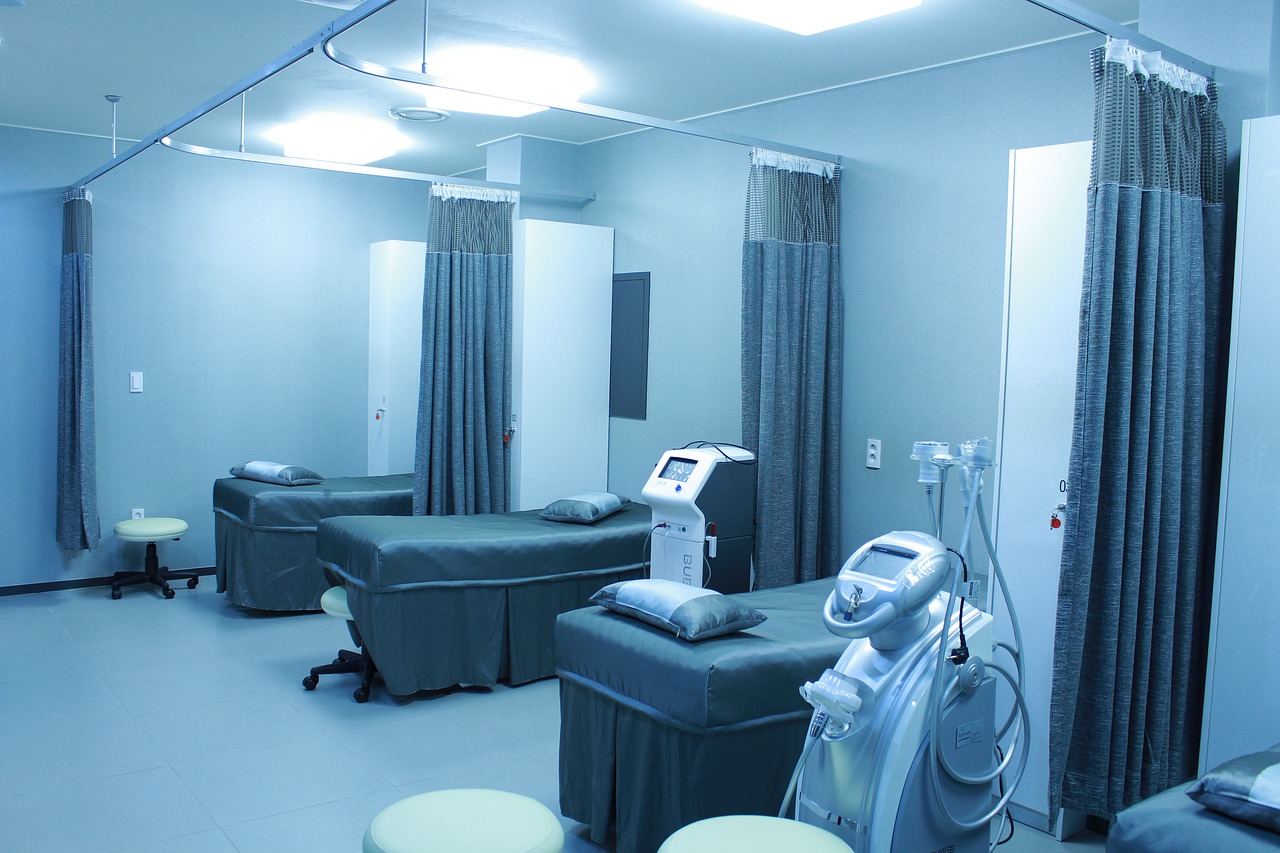Navigating the Complex World of Healthcare Taxation: Unique Deductions and Compliance Tips
Running a healthcare practice comes with unique financial challenges, and taxation is no exception. In this article, we will delve into the world of tax planning for healthcare practices, exploring special deductions and compliance tips that can help you navigate the complexities of the healthcare industry.
Understanding Healthcare Practice Taxation:
Practice Structure:
The way your healthcare practice is structured, whether as a sole proprietorship, partnership, LLC, or corporation, affects your tax obligations and deductions.
Special Deductions:
Healthcare professionals can benefit from deductions specific to their field, such as those related to medical equipment, continuing education, and professional memberships.
Navigating Compliance Challenges:
Healthcare Regulations:
Compliance with regulations is essential. Ensuring that your practice adheres to industry-specific laws can prevent costly legal issues and tax penalties.
Billing and Reimbursements:
Accurate billing and reimbursement procedures are vital for healthcare practices. Tax authorities may scrutinize income reporting, making meticulous record-keeping crucial.
Retirement and Investment Planning:
Retirement Accounts:
Explore tax-advantaged retirement accounts tailored to medical professionals, such as the Individual 401(k) or SIMPLE IRA, to secure your financial future.
Investment Strategies:
Make informed investment decisions that align with your practice’s financial goals while considering the tax implications of different investment vehicles.
Telemedicine and Technology:
Telehealth Tax Considerations:
As telemedicine grows, understanding the tax implications of virtual patient visits, remote consultations, and telehealth equipment purchases is essential.
Employee Benefits and Compensation:
Employee Benefits:
Healthcare practices can attract and retain talent by offering tax-advantaged employee benefits, such as health savings accounts (HSAs) and flexible spending accounts (FSAs).
Physician Compensation Models:
Explore different physician compensation models to optimize tax efficiency while ensuring fair compensation for medical professionals.
Compliance and Audits:
Preparing for Audits:
Be ready for potential tax audits by maintaining detailed records, staying informed about changing tax laws, and seeking professional guidance when necessary.
Tax Professionals:
Consider partnering with tax professionals experienced in healthcare taxation to ensure accurate reporting and maximize deductions. So, utilize marketplaces like IfindTaxPro where you can post your project and find the right tax specialist for you.
Tax planning for medical practices is a multifaceted endeavor that requires attention to industry-specific deductions, compliance with regulations, and strategic financial management. By proactively addressing tax-related matters, healthcare professionals can navigate the complexities of taxation while optimizing their practice’s financial health.








